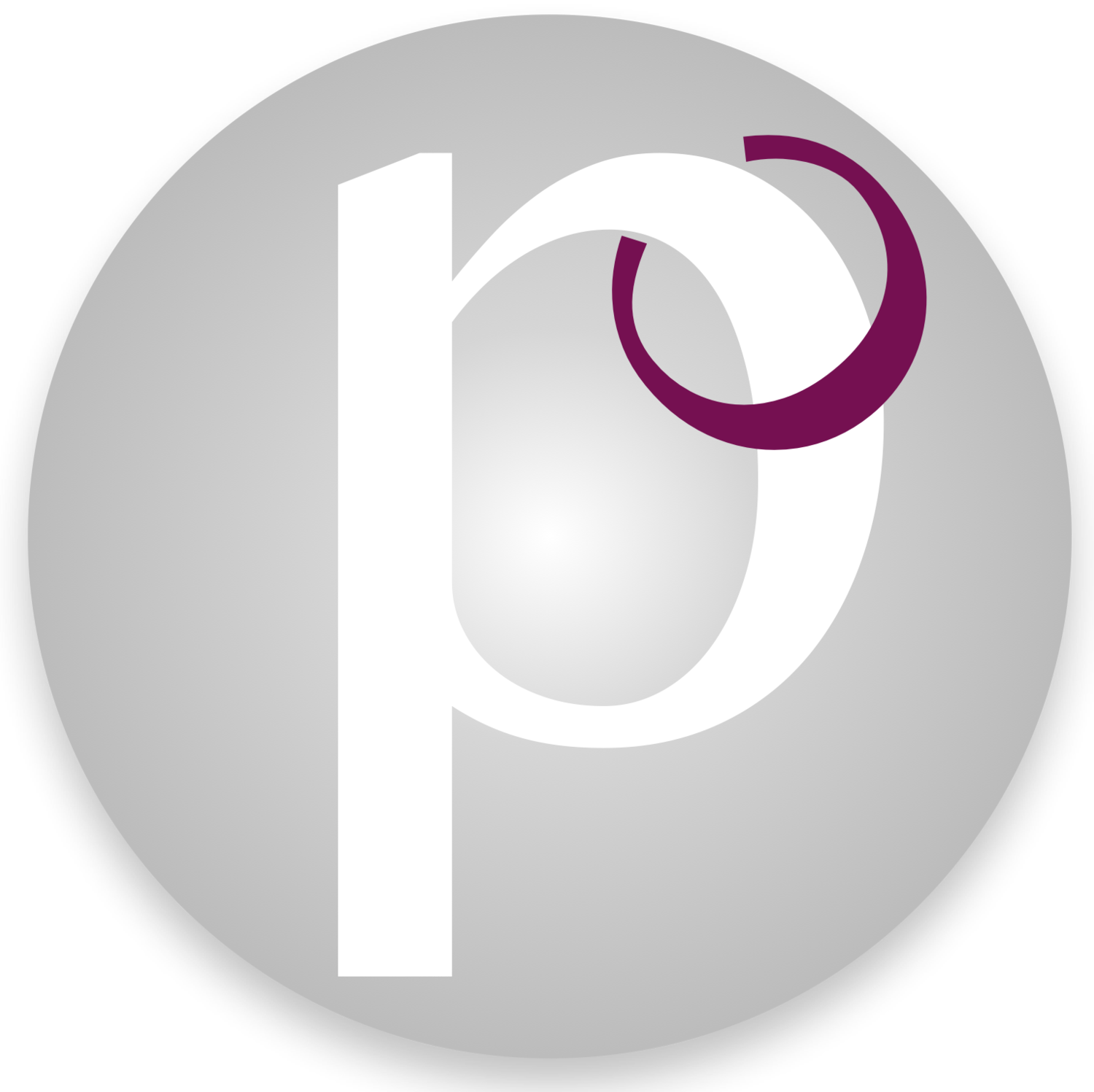Is it realistic to retain business knowledge during a global pandemic?
Recent feedback in social media suggests that many businesses felt like Covid-19 had caught them ‘napping’ when it comes to documented processes and user instructions. When hit with the rapid requirement to operate differently, they did not have robust and up-to-date instructional materials in place for staff to operate remotely, let alone from in the office. Many agreed this has been a ‘wakeup call’.
What’s the problem?
There’s no doubt that many businesses are faced with a shrinking workforce due to the effects of the Covid-19 lockdowns. Not only is it emotionally challenging to have to lose staff but there is also that key attribute they take with them - business knowledge. For those staff who are lucky enough to retain their jobs, there is the daunting prospect of having to take on the tasks of those leaving.
Without robust work instructions from those exiting employees, their business knowledge walks with them. This problem will only be compounded once the economy improves and new people are brought back in.
‘Isn’t it ironic’? - Alanis Morissette
Three ironies of the present situation:
Now, when business is quieter, is when staff are likely to ‘have time’ to dedicate to documenting what they do.
This is the best time to scrutinise what processes the business performs and look for any opportunity to improve or make them more effective.
Trainers and people-training resource is likely also being reduced in an effort to retain salary costs.
But the one thing which successful businesses cannot compromise is having trained staff who know what to do!
How can this be solved?
It all comes down to having business knowledge documented and actively used. The solution seems logical but how may of us are actually focussed on this right now? As business owners and leaders, the call to action must be to create the plan and address this challenge. How? Identify and prioritise what needs to be documented, who is going to do it and by when - and then actively manage this to completion. The outputs of this plan in the form of documented processes and work guides, then should be made available where staff can easily locate and use them, as well as where they can be regularly updated with minimal administrative effort.
Don’t wait until it’s too late.
In this rapidly changing world, what we have learned is to expect the unexpected. There is quite possibly more to come. Businesses should put themselves in the best position to recover at pace and use this time to capture key business knowledge.

